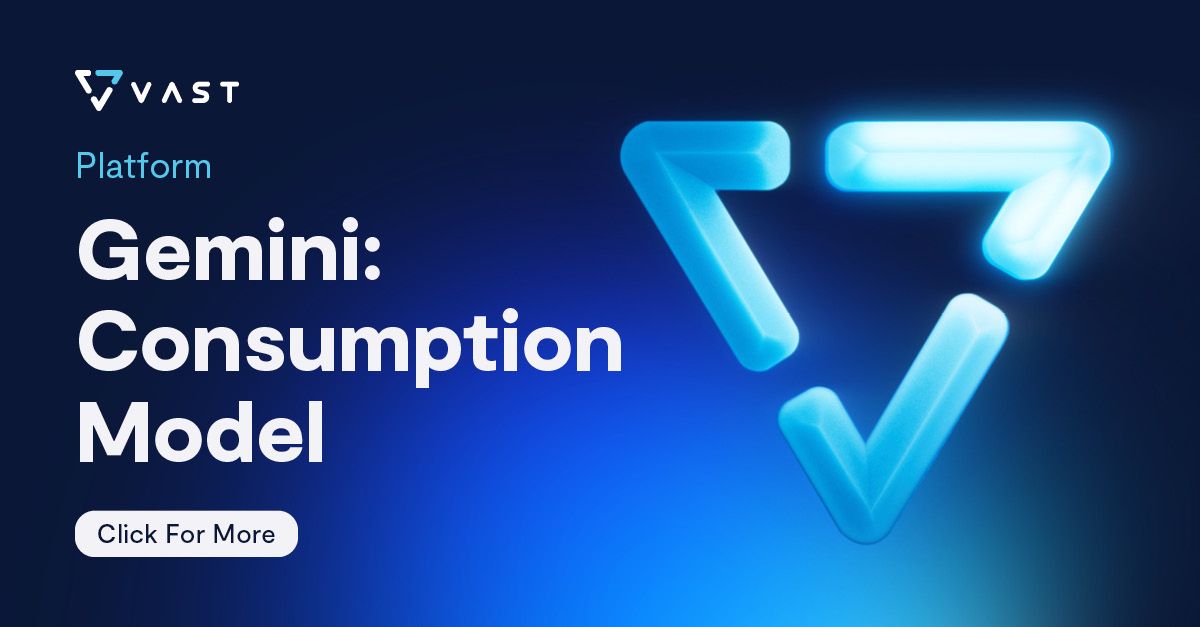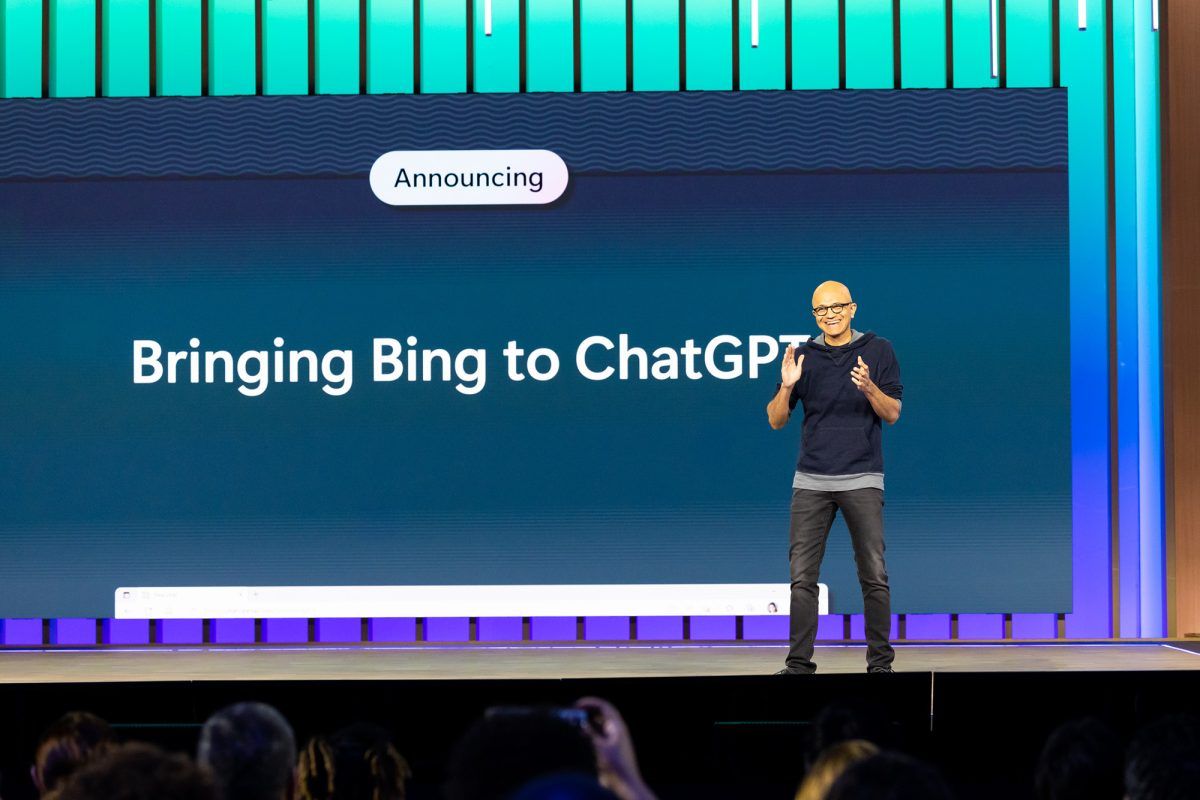All Things Intelligence: Sample Newsletter
Welcome to our first premium newsletter! All Things Intelligence has partnered with Synth to provide in-depth bi-weekly newsletters to you, our supporters. We cover major news and issues surrounding A.I as well as product features and exclusive access for subscribers.
We are not beholden to any advertisers or sponsors as this mailing list can exist in a pure informational way. Beyond the hype cycle, we track real intelligence innovation from those denting the universe.
Featured AI Tools Recently Released
Macky AI

Released on November 16th, Macky offers advanced consulting services, transforming intricate inquiries into actionable insights effortlessly through the power of a single question. Leveraging the extensive experience of Kinetic Consulting, Macky seamlessly connects AI innovation with conventional consulting knowledge, delivering a well-rounded and optimal solution tailored to meet your consulting needs. With packages designed for enterprises of varying sizes, we guarantee that your business stays ahead and thrives.
Macky is available Free and under a number of monthly costs.
Upcoming AI Tools To Get Excited About
Googles Gemini AI
Following the cancellation of in-person events for the launch of Gemini, Google's significant artificial intelligence initiative, the company has now arranged a virtual preview of the new AI, expected to take place this week, according to an informed source.

The public introduction of Gemini, a conversational AI designed to rival OpenAI, has been quietly postponed by Google to January, as confirmed by two individuals familiar with the decision.
Google CEO Sundar Pichai made the recent decision to abandon a series of Gemini events initially planned for the upcoming week in California, New York, and Washington. This decision came after the company discovered that the AI faced challenges in reliably handling certain non-English queries, as stated by one of the sources. Although these events, which were not publicly disclosed, were poised to be Google's most significant product launch of the year, the company opted for this delay after undergoing substantial efforts in computational resources and team consolidation in an urgent pursuit of AI advancements.
Gemini is scheduled to launch to the public in early 2024, but we expect beta access in January 2024.
Exclusive Access For Subscribers: Autonom8
As a TopAI.tools premium subscriber, you get 3 months free access to the suite of A.I tools including automated workflows and chat in a low-code flow builder.

To claim your access, respond to this email with the word 'code'.
Featured Investment: Fidelity Invests in Vast Data at a $9 Billion Valuation
VAST Data, a data platform software company, is in the process of raising several hundred million dollars at a valuation exceeding $9 billion, according to reports from The Information. Fidelity Investments is set to lead this funding round, which will also feature a secondary component and involve participation from venture capital firms NEA and Bond.

In May 2021, VAST Data concluded a series D funding round, securing $83 million with Tiger Global Management as the lead investor, resulting in a post-money valuation of $3.7 billion. This valuation marked a threefold increase from the company's previous April valuation and included an investment from Nvidia.
Founded in 2016 by Israeli entrepreneurs Renen Hallak and Shachar Fienblit, VAST has developed a platform designed to expedite time-to-insight for workload-intensive applications, particularly AI models. The VAST data platform offers scalable performance, streamlined data management, and heightened productivity.
Earlier this year, the company introduced the VAST Data Platform, a comprehensive global data infrastructure solution. This platform unifies storage, database, and virtualized compute engine services in a scalable system specifically designed from the ground up for AI applications.
ChatGPT Marketplace Delayed Until Early 2024
OpenAI, the artificial intelligence startup supported by Microsoft, hosted its inaugural Devday developer conference in November. During the event, the company unveiled the capabilities of the GPT-4 model, highlighting its capacity to develop personalized chatbots. Additionally, OpenAI announced its intention to introduce a GPT store, serving as a marketplace where users of OpenAI’s GPT builders can both sell and share the GPT models they have created.

In an email communication with staff, OpenAI mentioned that unanticipated developments requiring the company's attention have resulted in a delay in the rollout of the GPT store. Initially scheduled for release in December, the company had originally announced at its developer conference in November that the store would launch later that same month. However, the launch did not take place as planned, and the release has been postponed further.
The creator of ChatGPT highlighted its ongoing efforts to enhance GPTs based on user feedback. OpenAI indicated that, despite ongoing work on the store, users can anticipate updates to the popular ChatGPT chatbot. The development team also shared news of upgraded functionalities within the custom GPT platform.
The GPTs represent initial iterations of AI assistants capable of executing practical tasks such as booking flights for users. At the November event, the company additionally disclosed its intention to compensate individuals who have developed their own GPTs, with the payment amount unspecified and contingent on the usage of their creations.
Is the U.S Congress A.I Debate Funded by Google and Microsoft?
Major technology companies heavily invested in artificial intelligence are directing funds through a respected scientific nonprofit to support fellows engaged in AI policy within crucial Senate offices. This adds to the growing list of government personnel in Washington whose salaries are backed by tech billionaires and other individuals with direct stakes in AI regulation.
The recently established "rapid response cohort" of congressional AI fellows is managed by the American Association for the Advancement of Science, a nonprofit based in Washington. It receives substantial support from Microsoft, OpenAI, Google, IBM, and Nvidia, according to information from the AAAS. This initiative complements the existing network of AI fellows funded by Open Philanthropy, a group financed by billionaire Facebook co-founder Dustin Moskovitz.

Comprising six rapid response fellows, including five with PhDs and two who have held previous positions at major tech firms, the cohort operates from the offices of two of Senate Majority Leader Chuck Schumer’s key aides on AI legislation — Senators Martin Heinrich (D-N.M.) and Mike Rounds (R-S.D.) — as well as the Senate Banking Committee and the offices of Senators Ron Wyden (D-Ore.), Bill Cassidy (R-La.), and Mark Kelly (D-Ariz.).
In conjunction with Open Philanthropy fellows and numerous externally funded fellows throughout the government, many with ties to the tech industry, these six AI staffers in the industry-funded rapid response cohort are influencing the approach of key congressional figures to the ongoing debate on when and how to regulate AI. This is particularly significant at a time when public skepticism towards the industry is prevalent.
The involvement of tech-funded individuals working within Capitol Hill offices dedicated to AI policy raises concerns among some tech experts. They worry that Congress might be diverted from crafting regulations aimed at safeguarding the public from biased, discriminatory, or inaccurate AI systems.
Sarah Myers West, a former senior advisor on AI policy at the Federal Trade Commission and managing director at the AI Now Institute, a research nonprofit, expressed concerns, stating, “Tech firms hold an unprecedented amount of financial capital and have a long track record of using it to attempt to tilt the playing field in their favor.”
The companies involved emphasize that they do not play a role in the hiring process; the nonprofits themselves select the fellows. Some on Capitol Hill argue that industry-linked fellows are filling the void left by a significant decline in institutional tech knowledge.
New AI Breakthough: Adobe Creates 3D Models from 2D Images
A team of researchers from Adobe Research and the Australian National University has achieved a significant milestone in artificial intelligence (AI) by developing a groundbreaking model. This AI model has the capability to convert a single 2D image into a high-quality 3D model within a remarkable timeframe of just 5 seconds.

The details of this breakthrough are documented in their research paper titled "LRM: Large Reconstruction Model for Single Image to 3D." This advancement holds the potential to revolutionize various industries, including gaming, animation, industrial design, augmented reality (AR), and virtual reality (VR). Trained in an end-to-end manner, it utilizes approximately 1 million 3D objects sourced from the Objaverse and MVImgNet datasets to predict a neural radiance field (NeRF) directly from the input image.
The researchers expressed the transformative potential of their work, stating, "Imagine if we could instantly create a 3D shape from a single image of an arbitrary object. Broad applications in industrial design, animation, gaming, and AR/VR have strongly motivated relevant research in seeking a generic and efficient approach towards this long-standing goal."
Explore the remarkable capabilities of the LRM in action by viewing examples of high-fidelity 3D object meshes generated from individual images on the team's project page.
The Future
We hope you enjoyed the first of many newsletters. In addition to our editorial work, our team is actively negotiating with AI companies for exclusive access for our subscribers.
We appreciate you, our subscribers, for joining us.
